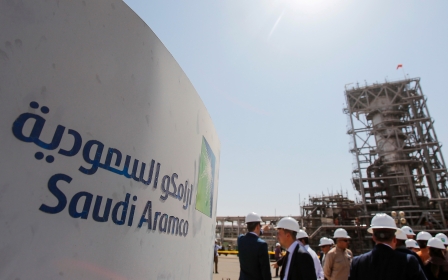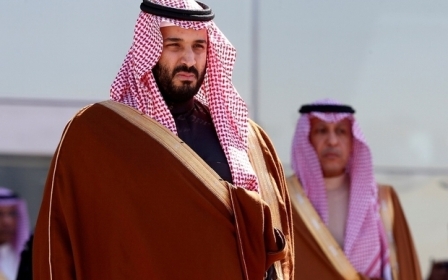Algeria suggests bringing forward Opec+ meeting to 4 June

Opec president Algeria has proposed bringing forward the next meeting of the oil producing group and its allies, known as Opec+, to 4 June in Vienna, Austria, from an earlier plan to hold it on 9-10 June, according to a letter from Algeria to Opec+ members seen by Reuters.
Algeria's energy minister, Mohamed Arkab, said in the letter that he had held discussions with "some ministers" about bringing forward the dates, which would help "facilitate nominations".
The term "nominations" is used by Opec's de facto leader Saudi Arabia as well as Iraq and Kuwait to allocate crude to traditional buyers depending on demand. The nominations take place around the 10th of every month.
In April, Opec+ decided to cut its production by a record 9.7 million barrels per day, or 10 percent of global output, to lift prices battered by a drop in demand because of lockdown measures to stop the spread of the coronavirus pandemic.
Holding the meeting that early would preclude any May production data from Opec's six secondary data sources from factoring into a decision, according to S&P Global Platts.
Under the proposal, the Opec+ Joint Ministerial Monitoring Committee would meet later in June, after secondary source data becomes available, Platts said. The JMMC is tasked with assessing market conditions and reviewing compliance with production quotas.
A drop in Opec+ production combined with a record decline in output from non-members including the United States and Canada helped lift oil prices towards $35 per barrel, although they remain at only half the levels seen at the start of the year.
On Friday, a monthly survey by Reuters showed Opec's oil output hit its lowest in two decades in May as Saudi Arabia and other members delivered record supply cuts.
Still, the survey showed the overall compliance was about 75 percent because Nigeria and Iraq failed to fully comply with their share of reductions.
Arkab said in his letter the low compliance rates "may have an adverse impact as soon as markets are open on Monday".
"The initiative of some esteemed ministers to correct these figures shall be praised. It is very constructive if positive messages could be shared by all with regards to the commitments made," the letter said
Sources have told Reuters that Saudi Arabia is proposing to extend record cuts from May and June until the end of the year, but that it has yet to win support from Russia, which says curbs could be gradually eased.
Middle East Eye delivers independent and unrivalled coverage and analysis of the Middle East, North Africa and beyond. To learn more about republishing this content and the associated fees, please fill out this form. More about MEE can be found here.





